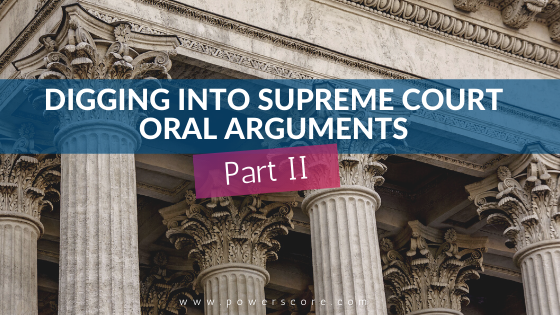Previously, we wrote about the Oyez Project, the online archive of Supreme Court of the United States (SCOTUS) decisions, including links to the oral argument in each case. Today we’d like to point out a case that might be of interest to you, Loving v. Virginia. This landmark civil rights decision held that miscegenation statutes (which criminalize interracial marriage) are unconstitutional. This came back into the spotlight in recent years in the context of the gay marriage debate.
The Case
In this 1967 decision, SCOTUS unanimously rejected a Virginia statute that criminalized interracial marriage. This case involved a white man, Richard Loving, and an African-American woman, Mildred Jeter, who resided in a rural Virginia community. They married in Washington, D.C., which had no ban on interracial marriage. After returning to Virginia, they each received a charge for violating Virginia’s criminal statute prohibiting interracial marriage.
Pursuant to a plea deal, the Lovings received a one year jail sentence, with that sentence suspended for 25 years on the condition that they leave Virginia and not return to Virginia together for a period of 25 years. As a side note, while no longer common, it remains the practice in some Virginia courts to offer more lenient sentences in exchange for the defendant’s “voluntary” exile from the jurisdiction.
For five years, the Lovings complied with the terms of their plea agreement. But, when upon returning to Virginia to visit her family, they were arrested. The Lovings decided to remain in Virginia and fight their convictions. After reaching out to then U.S. Attorney General Robert Kennedy, the Lovings got aid from the American Civil Liberties Union (ACLU).
United States Supreme Court Appeal
The Virginia Supreme Court upheld the Loving’s conviction based on that court’s precedent, and the Lovings appealed to the United States Supreme Court. In its opinion, SCOTUS traced the history of anti-miscegenation laws back to their roots in slavery. Although the specific law at issue came from Virginia’s Racial Integration Act of 1924. While acknowledging that marriage is a “social relation subject to the state’s police power,” the Court held that:
The Court further held that Virginia’s statute violated the Lovings’ right to Due Process, stating:
Impact
Following their victory, the Lovings became heroes of the Civil Rights Movement. If you want to learn more about their story, we recommend reading this New York Times review of the HBO movie about the Lovings and their fight against Virginia’s discriminatory law. Also, a short YouTube video provides more of the back story and details of the legal arguments, with film clips.
Also of interest is the Virginia judge who wrote the Loving opinion for the Virginia Supreme Court, Justice Harry L. Carrico. Justice Carrico later became Chief Justice Carrico, and served in that capacity until 2003. Justice Carrico served on the Virginia Supreme Court for a record 42 years. All new Virginia attorneys must now complete the Harry Carrico Professionalism Course.
Although reviled by many for his opinion in the Loving case, Justice Carrico was a widely respected figure in the Virginia legal community until his death in 2013. During his time as chief justice, Justice Carrico worked aggressively to increase the diversity of the legal community. He was succeeded as chief justice by Chief Justice Leroy R. Hassell, Sr., the first African-American Chief Justice of the Virginia Supreme Court. His daughter, Judge Lucretia Carrico, serves as a general district court judge in Virginia’s 11th Judicial District.


Leave a Reply